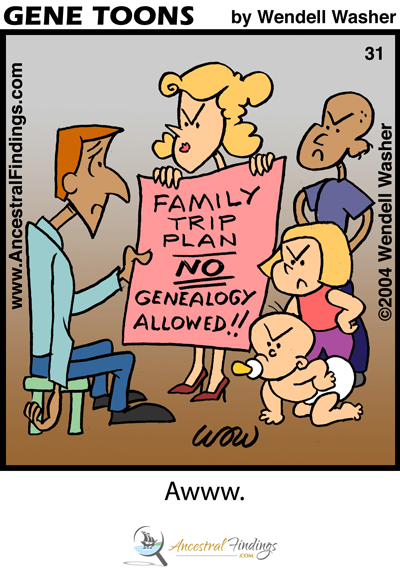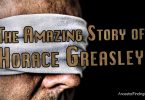Family, history, heritage, roots, and ancestry are topics important to those of us who have delved into genealogical research. We want to know to whom we’re related, along with the traditions and beliefs of our ancestors.
We want to learn more about those who came before us to learn more about ourselves.
However, as I have looked deeper into my own genealogy over the years, I’ve noticed that there are some people engaged in family research who are far more passionate about their genealogy. They study and research with a passion to strengthen their bond with the past — thinking it will be more permanent.
Permanent? That’s a good word to begin describing why those of the Mormon Church are so engaged with genealogical research and why they have a deep desire to know each and every person who came before them as much as possible.
The Mormon Records
It’s not an exaggeration to say that almost all Mormons and those involved with Mormonism are deeply engaged in genealogical research. The Church of Jesus Christ of Latter-day Saints has been collecting genealogical records and information since 1894. Today, they have information on more than 3 billion deceased people.
That’s a treasure trove of information for Mormons to use, along with other genealogy enthusiasts. Who among us hasn’t logged onto www.familysearch.org or visited an LDS Family History Center? These records have helped us dig deeper into family history than any other source.
But why are Mormons so focused on their genealogy?
The Unbreakable Bond
Mormons do not gather this information for simple knowledge or curiosity. It is their belief that family bonds do not end after death. They believe that this permanent connection can be obtained through sealing ordinances performed in LDS temples. These ordinances, such as baptism, are very important to those of the Mormon faith, and they believe that these rites are vital to happiness in this life and the next.
Genealogy comes into play because the Mormons also believe that God can save those who died without being baptized — even after death. Mormons believe that these rites can be performed for those who have already died, and they call this proxy ordinances. This is the reason Mormons are so involved in genealogy: to ensure that all of their family members, living or dead, have the possibility to be joined forever in the familial bond.
A Gift Through Genealogy
Notice that I said “possibility.” Mormons do not believe that proxy ordinances automatically save family members who were not baptized while alive. No, just as living individuals have the option to accept or reject the work of ordinances, those who have died can also either accept or reject the gift of a proxy ordinance.
Also, just because a family member did not have ordinances performed in life does not guarantee that proxy ordinances will be allowed by the Mormon Church. Mormon families take the time to research their ancestors to find those who did not undergo these rites, but that’s only the first step. Each family then submits the names to an LDS temple for further research to determine if proxy ordinance will be granted.
There is a much deeper meaning and purpose to the genealogical research efforts of those of the Mormon Church. While we may not share their beliefs, we can learn from the information they have gathered to help with our family research hobby.







